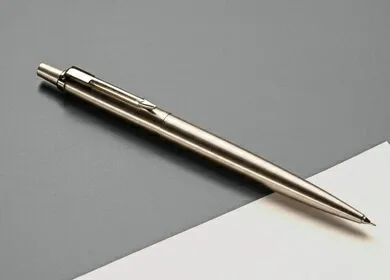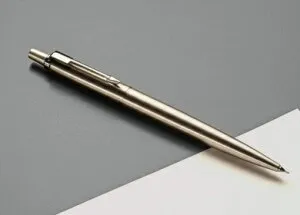
- Share on Facebook35
- Share on Pinterest
- Share on Twitter
Journaling has been traced back to as early as the 10th century in Japan. Prominent figures in politics, education, business and the military have kept journals that have become part of our country’s history in one way or another.
Journaling is quite therapeutic, it seems, and deserves a respectable place amongst other healthy endeavors such as exercising and eating well. Now, don’t get agitated thinking that this is just one more thing for you to add to your to do list.
Once you get in the habit of journaling – just like the habit of eating right and exercising, it will be like “old school” to you. It only takes a few minutes a day to record how you feel and according to research, it is time well spent.
There is increasing evidence to support the fact that journaling has a positive impact on both physical and mental health. James Pennebaker, a psychologist and researcher, notes that journaling on a regular basis strengthens immune cells, known as T-lymphocytes.
He believes that writing about stressful times and events will help us deal with reality better and reduce the impact that the stress has on our health. After all, it has to go somewhere, right? Holding in stress and pain is like not sweating – it can be disastrous. Additional research demonstrates that journaling also decreases symptoms of some chronic conditions including rheumatoid arthritis and asthma.
Brain Activity and Journaling
Scientific evidence shows that writing uses the left brain, which is rational and analytical. While you are writing, this frees up the right brain to create and feel. Writing removes mental blocks so that you can use the entire mind to better understand yourself, others and the world around you.
Sometimes our thoughts seem scrambled up, and we almost trip over them in our minds. Journaling sorts out these thoughts and allows feelings to flow freely between the head and the hand. This helps you get in touch with your internal self, which is a highly enlightening experience.
Get to Know Yourself
How well do you know yourself? Journaling helps you get in touch with who you truly are. You may be very surprised to meet yourself in the words you write. It can be a great deal of fun. Learn what makes you happy, sad, angry and lonely.
Writing thoughts down also helps you to understand situations that are difficult or need addressing in your life. You will be amazed at all of the rational, well thought-out solutions that you have to issues that formerly confused you when you journal about them.
You may even go back later on to read some of your entries and say, “did I really write that?” Journaling is also an excellent way to resolve conflict. Writing about a particular conflict and thinking about solutions is a great way to see the issue clearly and arrive at a meaningful and appropriate solution.
How to Journal
First and foremost don’t be a slave to grammar – nothing slows the creative process more than worrying about serial commas or verb tenses. Just let it flow – whether you choose to write with a pen or keep an electronic journal, don’t ponder over how what you’re writing sounds or looks – just write.
 Writing quickly is imperative as it frees up your brain from the “shoulds” and “musts.” Remember, no one is going to look at your journal unless you let them, it is yours so don’t be hard on yourself.
Writing quickly is imperative as it frees up your brain from the “shoulds” and “musts.” Remember, no one is going to look at your journal unless you let them, it is yours so don’t be hard on yourself.
There are no set rules when to comes to journaling – you can pick a theme, a word, a thought, a season – whatever you are feeling at the moment – don’t make it rigid. Find a quiet place where you will not be interrupted – many people journal before going to bed or upon rising in the morning.
Some people find it beneficial to keep a journal by their bedside and jot down thoughts as they arise during the night. This may be beneficial to people who struggle with sleep due to stress. Releasing stressful thoughts may free the body for sounder sleep. Try journaling for about twenty minutes, but don’t cut yourself off if you are on a roll. Write what you want, when you want.
Enjoy getting to know yourself as you journal – you will see that you will become your own best friend!
-The Alternative Daily
Sources:
http://psychcentral.com/lib/2006/the-health-benefits-of-journaling/
- Share on Facebook35
- Share on Pinterest
- Share on Twitter

